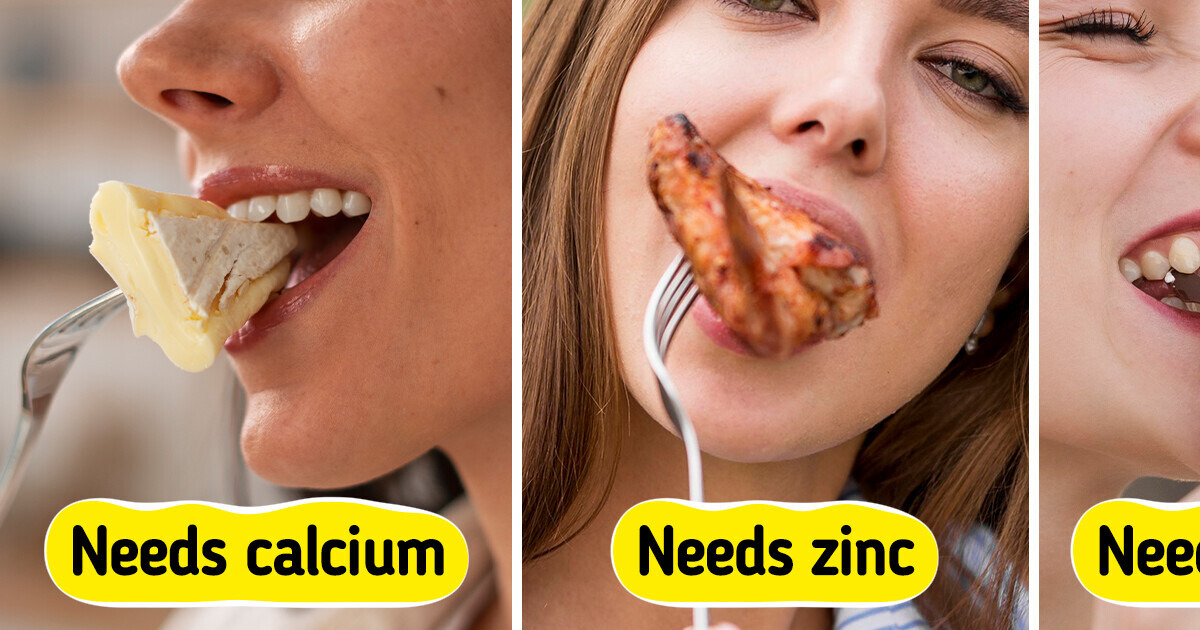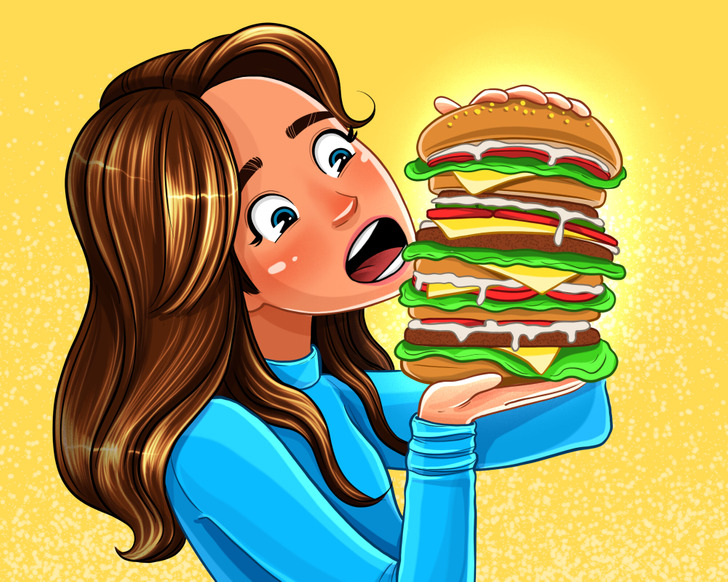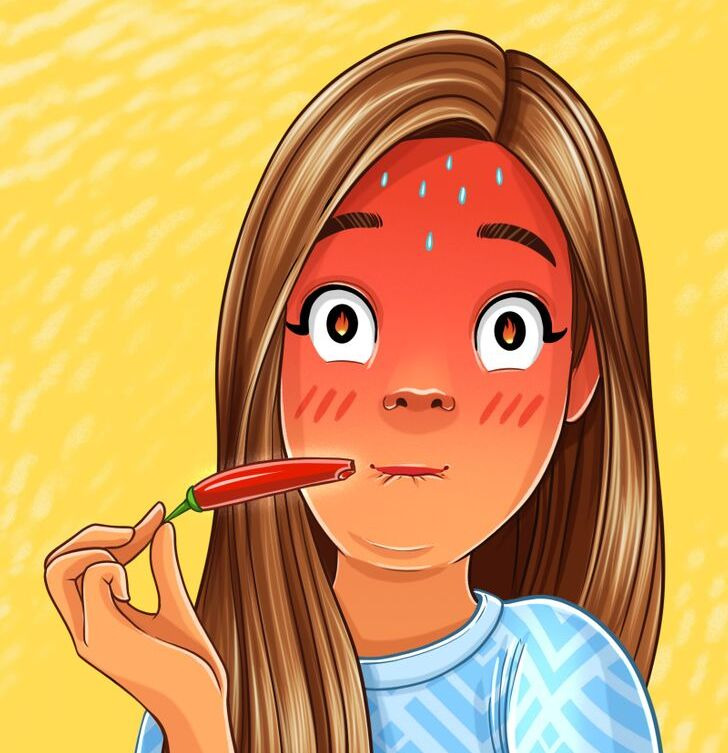16 Real Mysteries Too Strange to Explain


Food is essential for our body’s growth and maintenance; it is the basic necessity of life. Different food gives off various tastes, and many people have experienced food cravings. These cravings might mean something, hidden messages that our body tells us.
CONTENT IS PROVIDED FOR INFORMATIONAL PURPOSES ONLY AND IS NOT INTENDED AS A SUBSTITUTE OF MEDICAL ADVICE. SEEK GUIDANCE OF YOUR DOCTOR REGARDING YOUR HEALTH AND MEDICAL CONDITIONS.

A food craving is a strong and ongoing craving for food, which may not always be for something enjoyable. This desire can also stem from voluntary food restrictions, boredom, or a lack of essential nutrients. Your cravings might indicate something going on in your body, and here are some signals to keep in mind.
1. You crave for dairy products. Craving for dairy products like cheese might signal nutrient deficiency. 18 of the 22 essential minerals, including calcium, phosphorus, and vitamin D, all of which are especially important for the skeleton, are found in milk. This craving means that you might be lacking these nutrients in your diet and in your body
2. You crave for salty foods. Americans consume more than 3,300 mg of sodium daily, exceeding the recommended intake. Food cravings for salt are an indication of adrenal weakness. Your stress response, including rage, is controlled by the adrenals.
Further, it signals dehydration. You are lacking in potassium or magnesium, and sodium, which are important electrolytes for hydration, blood volume, and the functioning of your nerves and muscles.
3. You are craving for sugary or sweet foods. An imbalance in blood glucose levels is frequently the cause of sugar cravings. You may have a craving for anything sweet to raise your blood sugar levels if they are low or because of stress. Additionally, craving chocolates signals magnesium deficiency.
4. You crave for ice. Pagophagia is a strong, persistent craving to chew ice and is a type of pica, a condition where people eat non-nutritious items. If the urge is intense and frequent, it may indicate pagophagia, which is associated with iron deficiency.
5. You’re craving for carbs. It may signal that you are undereating. Carbohydrates are the body’s main energy source, providing quick fuel, especially for the brain. Restricting carbs can lead to fatigue, cravings, and reduced focus.
Refined carbs, like white bread and sweets, digest quickly and spike energy levels. Severe carb restriction often leads to intense cravings and binge-eating.
6. You crave citrus or vinegar. If you often find yourself wanting acidic foods, it may signal low stomach acid levels. When acid production is insufficient, it can disrupt digestion and trigger issues such as bloating, food sensitivities, and constipation.

8. You’re craving for spicy foods. Spicy foods can cause a runny nose and are often used as a natural remedy for congestion. And when you feel stuck, bored, or dull in general, your body may turn this irritation into a desire for hot foods.
10. You crave for fatty foods. Craving for fatty foods may mean your body needs more calories. If you’re restricting calories, your body signals hunger for energy. Eating balanced meals regularly can help prevent cravings.

According to the nutrition source, the following are factors that can affect people’s food cravings:
Additionally, the gut-brain connection also affects food cravings. “Our research is showing that the tongue tells our brain what we like, such as things that taste sweet, salty, or fatty,” stated Dr. Zuker, who is a professor of biochemistry and molecular biophysics and of neuroscience at Columbia’s Vagelos College of Physicians and Surgeons. “The gut, however, tells our brain what we want, what we need.”
Since gut health is important to maintain a healthy body and diet, here are some tips to improve gut health and manage food urges:
Cravings not only stem from physiological factors, but there are also psychological reasons, one of it is emotional eating. People don’t always eat because they’re hungry.
Sometimes, we turn to food for comfort, stress relief, or as a reward, often choosing unhealthy options. Emotional eating happens when we eat to satisfy feelings instead of hunger. In order to manage emotions without food involved, it is best to find other ways to feed your feelings.
According to Healthline there can be alternatives to emotional eating:
Following these tips while keeping in mind the food craving factors and signals is a good step towards a healthy body. It is also advised to seek professional help if necessary. Starting the journey to a healthy lifestyle involves having a proper and balanced diet.
Find out habits to stay healthy with this link.











